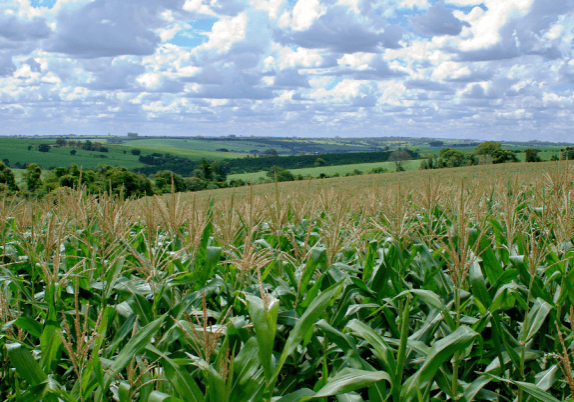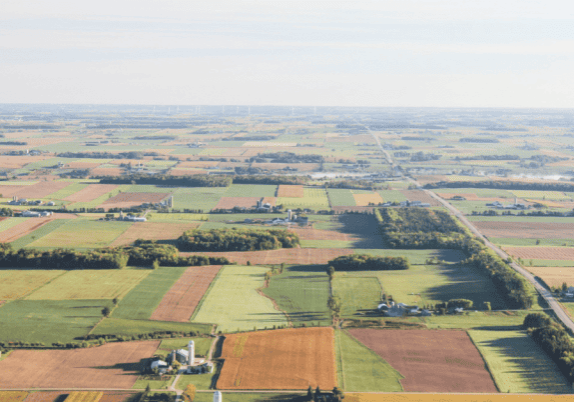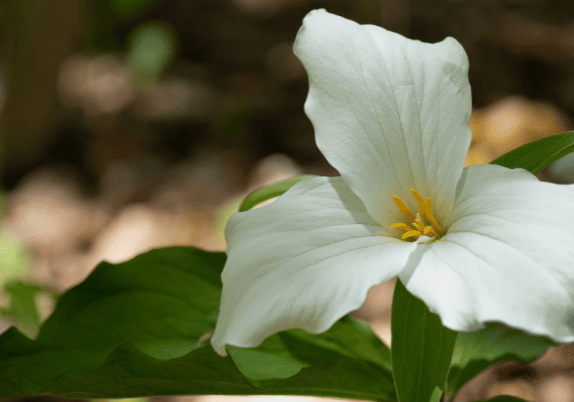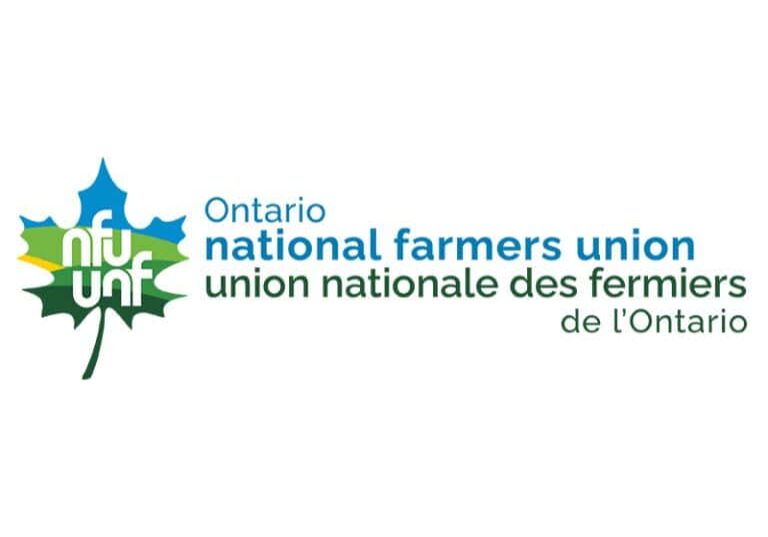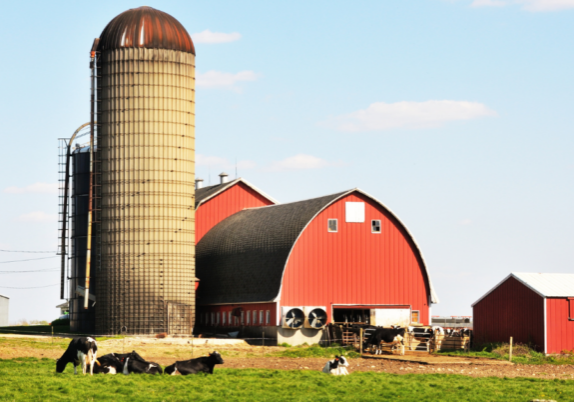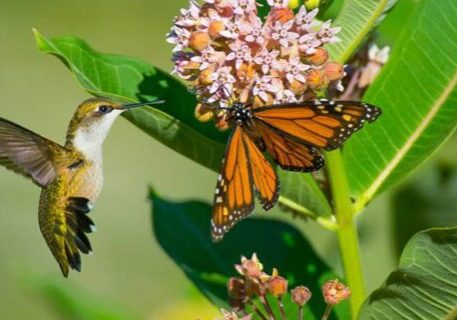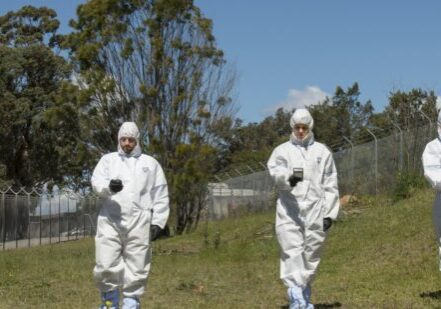Feedback on the Rural Agricultural Landscape Program (RALP) Consultation
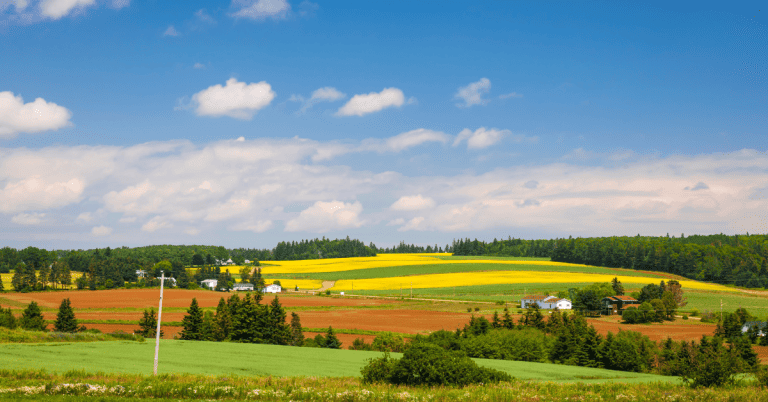
Dear Susan Evans,
The National Farmers Union – Ontario (NFU-O) is pleased to provide feedback on the Rural Agricultural Landscape Program (RALP) consultation. The NFU-O is an accredited farm organization representing thousands of sustainable farmers in Ontario. Members work together to achieve agricultural policies that ensure dignity and income security for farmers, while protecting and enhancing rural environments for current and future generations.
Many of our farmers have been leading on-farm climate action using BMPs to improve soil health by limiting inputs of phosphorus and nitrogen fertilizer, improving nutrient management, creating farm carbon plans, and undertaking soil carbon measuring. We would encourage OMAFRA to ensure that through the RALP, there is a mechanism for sharing the results of this work and providing a platform for farmer to-farmer knowledge sharing and support. We would also recommend that the province partner with organizations currently providing farmer-to-farmer knowledge sharing and support to continue delivering those programs.
NFU-O recommends that programs delivered through the RALP are accessible to farmers of all types, sizes, and scales, especially smaller to mid-size farms that are often excluded from cost-share programs. These programs should be made available to farmers whether they are farming on rented or owned land.
The adoption of many BMPs have cost implications beyond the first year of implementation. Some BMPs require multi-year use before both financial and ecological results can be measured. Therefore NFU-O would strongly recommend multi-year funding, funding that expands on the work of the OFCAF, as well as funding to support early adopters in expanding the use of BMPs.
As farmers adopt new BMPS or expand their use of BMPs, as well as work to reduce on-farm greenhouse gas emissions (GHGs), it is critical that they have access to up to-date and unbiased information on increasing on-farm sustainability. Organic extension research and resources provided by OMAFRA, along with an OMAFRA organic extension specialist, would provide farmers with the information and support they will need to be successful at adopting more sustainable land use practices long term.
The NFU-O offers the following recommendations for the three areas that RALP will address:
Production
Key production priorities should focus on BMPs that support farmers to adapt their practices to a reduced reliance on fossil fuel-based inputs. Practices that build soil health, through increased surface crop residue, increased soil organic matter and fungal health, improved crop rotations, and increased on-farm biodiversity will be required.
The NFU-O would welcome support for activities such as:
– Per acre payments for increasing perennial cover in grazing fields</br
– Per acre payments for the use of cover crops and green manures</br
– Per acre payments for crop rotations (e.g., oats) that help to build healthy soil fungi</br
– Support for farmers to work with an independent agronomist to measure and increase soil organic matter and create farm carbon plans</br
– Per acre payments for limiting inputs of phosphorus, nitrogen fertilizer and fungicides</br
– Per acre payments for land that is in transition to organic production as organic practices check off a suite of BMPs that the RALP is encouraging
Natural Systems
The NFU-O recommends programs that would incentivize farmers to maintain existing woodlots, wetlands, and hedgerows, followed by programs that would encourage the creation of new shelterbelts, hedgerows, woodlots, wetlands and pollinator habitat.
We recommend the following:
– Offering payment support to farmers to work with a land trust to permanently protect their agricultural land, wetlands and woodlots with a conservation easement</br
– Offering support for farmers to retire marginal and less productive land for the creation of wetlands, meadows, woodlots and pollinator habitat</br
– Offering incentives and support for woodlot management plans
Rural Water Management
Rural water management will become increasingly important as farmers increase efforts to mitigate the effects of climate change and unpredictable weather patterns.
The NFU-O would welcome support for activities such as:
– The creation of grassed waterways and swales</br
– The creation of retention ponds and wetlands in marginal and low-lying areas that have minimal production value
The NFU-O is happy to provide additional feedback as needed to help create a program that offers equitable access and long-term support to farmers in adopting sustainable land use practices.
Sincerely,
Max Hansgen
President, National Farmers Union – Ontario
